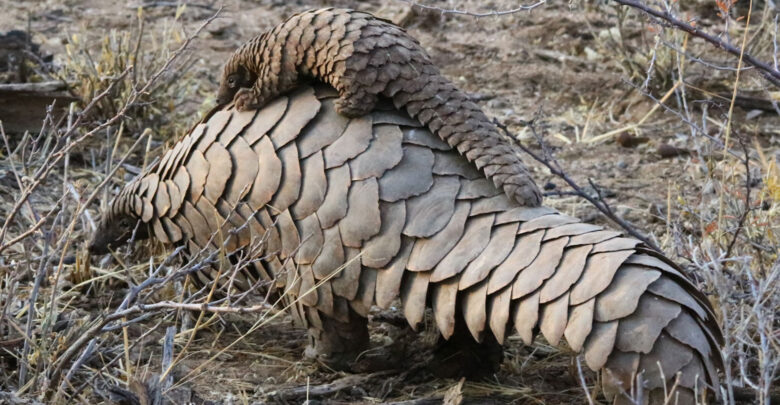Pangolins are sentient beings and have a right to a wild life. Pangolins play a crucial role in maintaining the balance of our ecosystems. It is imperative we take action to protect them before it is too late, said World Animal Protection in a hybrid event held today just a day to World Pangolins Day celebrated yearly on the 3rd Saturday of February.
Edith Kabesiime, Wildlife Campaign Manager at World Animal Protection said: “Pangolins are facing an existential crisis and a raft of welfare problems. They are forcefully extracted from their habitats in the wild, often smoked from their hide outs, repeatedly knocked with blunt objects before being thrown into boiling water while still conscious, for extraction of their scales for export to Asia for the unscientifically proven Traditional Asian Medicine.
The capture is indiscriminate and the suffering these sentient beings go through are horrendous. To make matters even worse, when adults are captured, their babies can hardly survive on their own, leading to suffering and population decline.
World Pangolin Day, that will be marked this Saturday, serves as a reminder of our obligation to act urgently. To protect pangolins from pain and suffering, risk of extinction and their right to a wild life, we must tackle the insatiable demand for their scales and meat. Pangolins are not medicine. We demand ruthless enforcement of policies to safeguard and protect them.
In a keynote presentation titled “How to fall in love with a pangolin”, Rebeca Sandoval the Co-founder & Director Biodiversity Alliance said, “As this is Valentine week, let us extend love and compassion to non-human sentient beings such as pangolins because they have a right to live in this planet just like us, and it is our responsibility to protect them”.
Pangolins, also known as scaly anteaters, are one of the world’s most trafficked mammals and are highly sought after for their meat and scales, which are used in traditional medicines. Despite their protected status, pangolins continue to be hunted and traded illegally.
The plight of pangolins is a stark reminder of the devastating impact that human activities can have on our planet’s wildlife. This is a worrying trajectory that must be ended.
In 2016, all the 8 species of pangolins were up listed CITES (Convention on International Trade in Endangered Species of Wild Fauna and Flora) Appendix I, according them the highest level of protection. This action was majorly due to their over-exploitation in illegal trade.
There are eight species of pangolin: four found in Asia and four found in Africa. They have traditionally been consumed in both regions. However, only recently has the demand in Asia been met through the supply of African pangolins.
Pangolins have a slow reproductive rate, with females giving birth to only one or two offspring per year, which makes it difficult for populations to recover from over-hunting and other threats.
Animal welfare efforts, including habitat protection, anti-poaching measures, and education and awareness campaigns, are necessary to ensure the survival of pangolins and their habitats.


